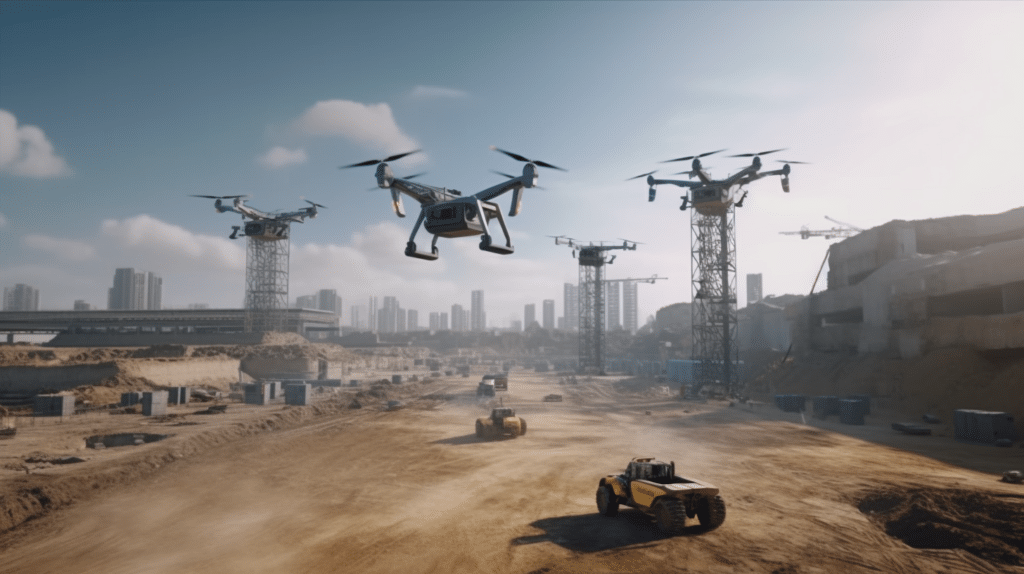
The Rise of Autonomous Construction Machinery
Introduction: As technological advancements permeate every sector, the construction industry is not immune to this wave of innovation. At the forefront of this revolution is the integration of Artificial Intelligence (AI) in construction machinery. This evolution promises to redefine construction operations, but not without its unique set of challenges and opportunities.
AI-Driven Machines: More Than Just Automation
While automation in construction isn't entirely new, the infusion of AI takes it to a whole new level. AI doesn't just perform repetitive tasks; it learns, adapts, and makes decisions, elevating machinery from mere tools to collaborative partners.
Benefits of Autonomous Construction Equipment
The advantages of integrating AI into construction machinery are manifold:
1. Enhanced Productivity
With the ability to operate round the clock without fatigue, AI-powered machines can significantly boost project timelines and efficiency.
2. Improved Safety
By taking over hazardous tasks and using sensors to navigate and assess the environment, these machines minimize the risk to human workers.
3. Precision and Accuracy
AI systems can analyze vast amounts of data to make precise measurements and decisions, reducing errors and material wastage.
4. Cost Savings
In the long run, autonomous machinery can lead to significant savings by reducing labor costs, minimizing errors, and speeding up construction processes.
Challenges in Implementation
Despite the promise, there are hurdles in the path of widespread adoption:
1. High Initial Costs
Procuring and setting up AI-driven equipment requires substantial investment, a deterrent for many companies.
2. Skill Gap
The construction workforce needs retraining to operate and collaborate with these machines effectively. This transition could lead to resistance or a skills mismatch.
3. Reliability Concerns
Any glitch in the AI system could lead to costly mistakes, making some stakeholders hesitant to fully trust the technology.
The Future: A Symbiosis of Man and Machine
The future of construction likely isn't a fully automated site devoid of human touch. Instead, it's a collaborative space where humans and machines work in tandem, leveraging each other's strengths.
Conclusion
Autonomous construction machinery, powered by AI, has set the stage for a significant paradigm shift in the construction industry. While the journey might have its challenges, the potential rewards in terms of efficiency, safety, and cost savings are undeniable. As the industry grapples with these changes, one thing is certain: the future of construction is not just built; it's intelligently constructed.
FAQs
How does AI differ from regular automation in construction?
While automation performs repetitive tasks based on predefined rules, AI learns from data and can adapt and make decisions, allowing for a more dynamic and responsive operation.
Are human workers becoming obsolete in construction?
No. While AI can take over certain tasks, human expertise, creativity, and decision-making remain vital. The future is more about collaboration than replacement.
What are the primary concerns regarding AI in construction?
Major concerns include the high initial investment, the need for workforce retraining, and potential reliability issues stemming from technological glitches.
Note: As with all tech revolutions, the key lies in adaptation, training, and a keen understanding of the technology's capabilities and limitations.

-
Block A1 , Royal Estate Phase 2,
Off Bishop Howells Street,
Bishop Kale Street,
Off Bode Thomas Street,
Surulere,
Lagos. - info@advancednationwideinternational.com
